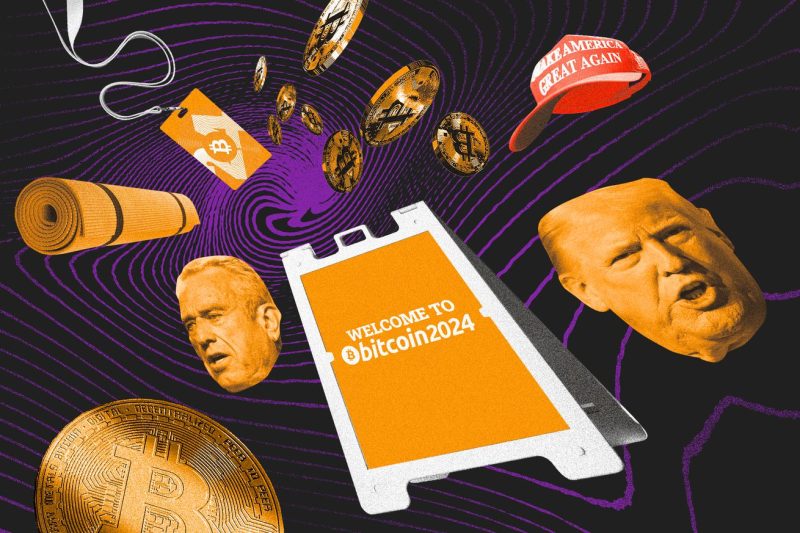Article:
The world of finance and politics has always been closely intertwined, with key decisions made by government officials often having a direct impact on the economy. In recent years, one term that has garnered a significant amount of attention is pump and dump. This strategy involves inflating the value of a stock or asset through false or misleading statements, only to sell it off quickly before the value crashes, leaving unsuspecting investors with substantial losses.
However, a new player has entered the scene in the form of pump and trump. This term refers to the practice of using political influence and power to artificially inflate the value of assets or companies. While similar to the traditional pump and dump scheme, pump and trump involves leveraging political connections and policies to manipulate markets for personal gain.
The rise of pump and trump can be seen as a natural evolution of the financial landscape, where individuals and entities with close ties to government officials seek to exploit their relationships for financial benefit. By leveraging political power, those engaged in pump and trump schemes can create artificial demand for their assets, leading to a surge in value that can be quickly capitalized on.
One of the key differences between pump and dump and pump and trump is the level of influence and power involved. While traditional pump and dump schemes rely on market manipulation and false information, pump and trump takes advantage of political connections and policies to achieve similar results. This not only raises ethical concerns but also highlights the blurred lines between finance and politics.
The implications of pump and trump are far-reaching, with the potential to undermine market integrity and erode trust in the financial system. When political power is used to artificially inflate asset values, it distorts market dynamics and creates an uneven playing field for investors. This can ultimately lead to market volatility, inflated asset bubbles, and increased risk for ordinary investors who may not have the means to navigate these complex schemes.
Regulators and policymakers play a crucial role in addressing the challenges posed by pump and trump, as they are tasked with ensuring fair and transparent markets. By implementing strict oversight and enforcement measures, regulators can help curb the prevalence of such schemes and protect investors from falling victim to market manipulation.
In conclusion, the phenomenon of pump and trump represents a concerning trend in the intersection of finance and politics. As individuals and entities continue to exploit political power for financial gain, it becomes increasingly important for regulators and policymakers to take proactive steps to preserve market integrity and protect investors. Only through collective efforts can we hope to mitigate the risks associated with pump and trump and uphold the principles of a fair and transparent financial system.

